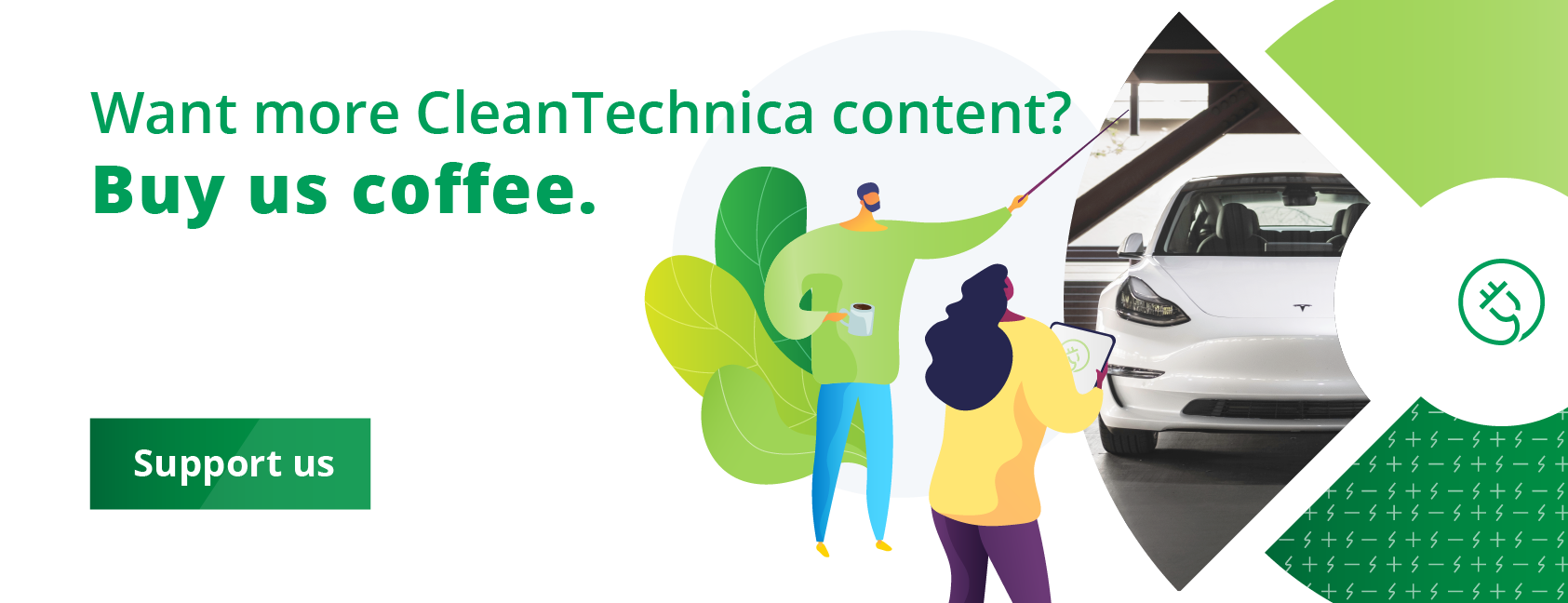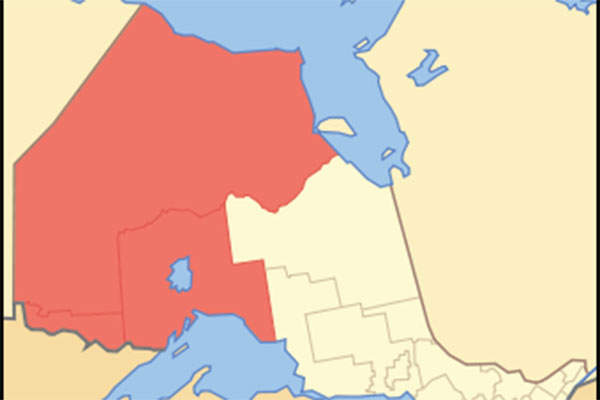
The United Nations is investigating Saudi Aramco for possible human rights and climate violations. A letter sent to its emissaries argues that Saudi Aramco has expanded its oil production, with the result that violations have occurred, including adverse impacts on human rights — all because of exploitation of fossil fuels and their contribution to the climate crisis.
What is Aramco? Saudi Aramco is the world’s largest oil producer. Its correct name is the Saudi Arabian Oil Company. State-owned, it is the world’s most profitable company, topping Apple and Google. Saudi Aramco holds the exclusive right to explore, drill, prospect, appraise, develop, extract, recover, and produce hydrocarbons, as well as to market and distribute hydrocarbons, petroleum products and liquid petroleum gas, in the Kingdom of Saudi Arabia.
Is Aramco a public or a private company? Good question. Saudi Aramco went public with an IPO in 2019, raising a record $25.6 billion by selling 3 billion shares. But this amount was only 1.5% of the company’s value, so limiting ownership allows Saudi Arabia to remain in control of the company. 98.5% of its shares are owned by the Government of the Kingdom of Saudi Arabia.
What’s happening between the UN and Aramco? In summary, an independent groups of UN experts has written to oil firm Saudi Aramco and its financial backers, asserting that they have been complicit in climate crisis-related human rights violations.
What’s the expert composition of the UN Working Group that contacted Aramco? Several Special Rapporteurs make up this particular working group:
- human rights and transnational corporations and other business enterprises
- promotion and protection of human rights in the context of climate change
- human rights obligations relating to the enjoyment of a safe, clean, healthy and sustainable environment
- implications for human rights of the environmentally sound management and disposal of hazardous substances and wastes
- human rights to safe drinking water and sanitation
What are the UN Guiding Principles on Business and Human Rights? The UN Guiding Principles on Business and Human Rights are grounded in recognition of:
- States’ existing obligations to respect, protect and fulfill human rights and fundamental freedoms
- The role of business enterprises as specialized organs or society performing specialized functions, required to comply with all applicable laws and to respect human rights
- The need for rights and obligations to be matched to appropriate and effective remedies when breached
What are the specific accusations? This working group says they have received information concerning Saudi Aramco’s business activities, which:
- are adversely impacting the promotion and protection of human rights in the context of climate change
- have maintained crude oil production, exploration for further oil and gas reserves, expansion into fossil fuel gas, and misrepresentation of information
- have negative impacts on the enjoyment of the human right to a clean, healthy, and sustainable environment
Who helps to fund Aramco? Funding comes from the Kingdom of Saudi Arabia’s Public Investment Fund, JP Morgan, Citi, HSBC, SMBC, Crédit Agricole, Morgan Stanley, BNP Paribas, Goldman Sachs, Mizuho, Société Générale and EIG Global Energy Partners.
Did these funders get any contact from the UN Special Rapporteurs? Yes, they contacted the banks with whom Aramco works to warn them that their Saudi clients may be violating human rights laws. The letter indicated that, if the lenders were aware of Aramco violating human rights and failed to act on this awareness, “it can be viewed as enabling the situation.” In other words, you’re either with us or against us.
Does Aramco dabble in greenwashing? You know it. The working group alleges that Saudi Aramco engages in the misrepresentation and withholding of key environmental information. Through marketing and advertising campaigns, Aramco claims that sustainability is a core concern of its business strategy. Yet Saudi Aramco reports low carbon intensity crude oil production based on a calculation of the company’s emissions that omits Scope 3 emissions — and Scope 3 emissions account for the vast majority of company’s emissions.
What’s an example of Aramco’s greenwashing? Following the announcement of Formula 1’s sustainability plans in November, 2019, Aramco agreed to join up with F1, saying, “this partnership has the potential to further develop and accelerate its plans towards a power unit fueled by advanced sustainable fuels.” The deal included trackside branding for Aramco at most races, title rights to the US, broadcast integration and exposure through digital platforms to “showcase Aramco’s position as an innovator in transport technology.” It was sustainability in name only.

Is Aramco being given the opportunity to defend itself? Yes. The company’s representatives were given 60 days to respond to the allegations and to disclose measures taken to avoid “public information campaigns based on inaccurate, misleading and unfounded assertions that harm the ability of States and the public to make informed decisions pertaining to climate change.”
Does the UN have the power to prosecute Aramco? No, the UN itself has no legal authority to force Aramco to change the way it conducts its business. However, a negative finding by the UN could lay the foundation for other parties to pursue litigation. The number of climate lawsuits rose from 190 in 2022 to 2,341 in 2023, according to the Grantham Research Institute on Climate Change and the Environment.
What does one of the world’s biggest climate advocate organizations say about Aramco? In an open letter, ClientEarth argues that, by failing to address its role as the single biggest corporate emitter of greenhouse gases across the planet, Aramco is committing a huge violation of human rights law. People in every country, on every continent are affected by climate change, which is fueled by Aramco’s actions. Rather than adhering to a goal of sustainable outcomes, Aramco, says ClientEarth, is exacerbating the damage that climate change is having on people’s lives rather than working to address it. They continue that, to address its human rights impacts, Aramco needs a transition plan that aligns with the Paris Agreement. “It must significantly cut its oil and gas production with a view to halving its emissions by 2030. It must make way for renewable energy and look to the opportunities of a transition away from polluting fossil fuels, rather than greenwashing to obstruct and delay a rapid and fair transition.”
I don’t like paywalls. You don’t like paywalls. Who likes paywalls? Here at CleanTechnica, we implemented a limited paywall for a while, but it always felt wrong — and it was always tough to decide what we should put behind there. In theory, your most exclusive and best content goes behind a paywall. But then fewer people read it! We just don’t like paywalls, and so we’ve decided to ditch ours. Unfortunately, the media business is still a tough, cut-throat business with tiny margins. It’s a never-ending Olympic challenge to stay above water or even perhaps — gasp — grow. So …




